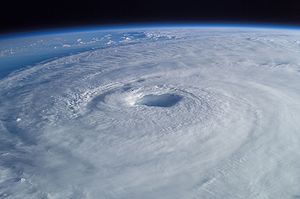 As World Radio Day approaches, writer Mehmet Burk (founder of ReliefAnalysis.com) considers the importance of shortwave radio, especially in terms of disaster relief.
As World Radio Day approaches, writer Mehmet Burk (founder of ReliefAnalysis.com) considers the importance of shortwave radio, especially in terms of disaster relief.
Burke posted the article, Why The Humanitarian Community Should Shape The Future Of Shortwave on Interaction.org. Here’s a quote:
“In the 1980s and 1990s, shortwave radio was an audio version of today’s internet. Almost every nation on earth broadcast a shortwave signal and vital humanitarian news and local depictions of current events could literally be heard half a world away. The Internet did to shortwave broadcasting market much like what it did to print newspapers.[…]
But radio remains the most wide-reaching media platform in the world today. In areas like Africa and the Pacific, it is the dominant form of communication. Like no other form of media, radio can bridge the digital divide and literacy divide in regions across the globe. Radio receivers can be made to be inexpensive, ruggedized, and indispensable in a disaster or humanitarian situation. In the future, shortwave receivers may even simply be stand-alone microchips we can activate using our smartphones and tablets.”
I’m honored that Burk reached out and even quoted me in this article.
Click here to read: Why The Humanitarian Community Should Shape The Future Of Shortwave.
Many thanks to Mehmet Burk for considering radio’s importance in the wake of disaster and honoring World Radio Day 2014!
